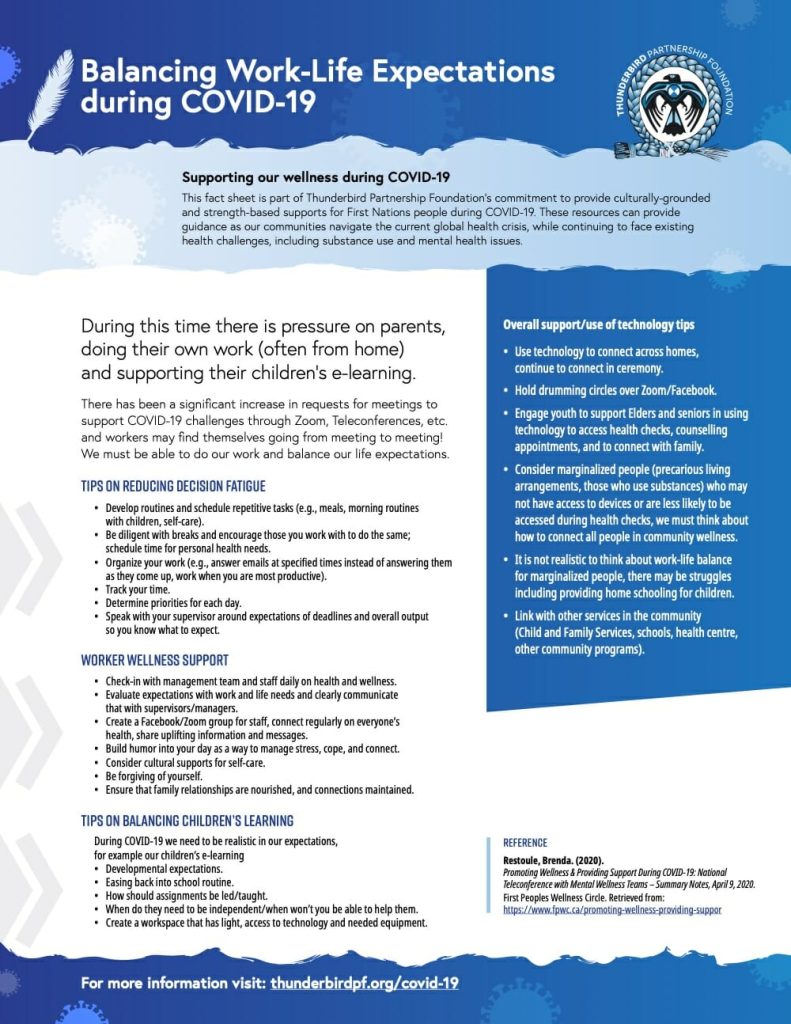
The pressure to be accurate in accounting practices is a constant challenge for businesses across all industries. From meticulously tracking transactions to producing accurate financial statements, maintaining precise data is paramount to financial health and decision-making. Accuracy is a cornerstone of trustworthy financial reporting, influencing investor confidence, regulatory compliance, and the overall success of an organization. This article explores the pressure to be accurate, highlighting strategies for balancing expectations and building robust internal controls. We will dive into the critical aspects of meeting accuracy standards while maintaining realistic expectations in accounting practices, outlining a practical approach that fosters success and stability. This article will explore the challenges, identify specific strategies, and showcase the importance of balancing accuracy with pragmatic expectations.
Understanding the Pressure to Maintain Accuracy
Defining Accuracy in Accounting
In accounting, accuracy refers to the precision and correctness of financial data. It encompasses all aspects, from recording transactions to preparing reports, and necessitates the adherence to established accounting principles and standards. Maintaining accuracy in accounting is not merely about avoiding errors; it’s about fostering trust and confidence in financial information. Accurate records underpin sound decision-making, facilitate transparency, and enable stakeholders to understand an organization’s financial position and performance. This critical aspect of maintaining accuracy affects various facets of a business, influencing investment decisions, regulatory compliance, and investor relations. A high degree of accuracy is essential for maintaining investor confidence and enabling informed business decisions based on trustworthy data.
The Impact of Inaccuracies
The consequences of inaccuracies in accounting practices can be substantial. Inaccurate records can lead to incorrect financial statements, misallocation of resources, and ultimately, detrimental financial outcomes. Furthermore, these inaccuracies can potentially result in non-compliance with regulatory standards, penalties from governing bodies, and reputational damage to the organization. A single error can be easily compounded and grow into a significant problem, impacting operations and possibly requiring substantial resources for rectification. It is important to note that the impact of inaccurate accounting practices can often cascade throughout the business, touching multiple departments and affecting stakeholder relationships. A proactive approach to maintaining accuracy is crucial for avoiding potential pitfalls.
Implementing Robust Internal Controls
Establishing Clear Procedures
Implementing robust internal controls is fundamental to maintaining accuracy in accounting practices. Clearly defined procedures for every accounting process – from transaction recording to report generation – are essential for consistency and accuracy. These established procedures should outline specific roles and responsibilities, ensuring that each step is executed with meticulous attention to detail. Documentation is also crucial for tracing transactions and supporting any financial decisions made. Well-defined internal controls also act as deterrents to fraud and errors, protecting the organization from potential losses. Clearly defined procedures enhance transparency and facilitate efficient monitoring.
Training Staff and Fostering a Culture of Accuracy
Comprehensive Training Programs
Thorough training is essential for equipping staff with the skills and knowledge to maintain accuracy in their daily tasks. Accounting practices are constantly evolving, so regular training sessions should update staff on best practices, new regulations, and technological advancements. Hands-on training exercises, practical case studies, and opportunities for knowledge sharing contribute significantly to improving the competency level of staff. Additionally, ongoing mentoring programs can serve as valuable resources for new hires or staff needing further support. By focusing on continuous learning, organizations can better equip their workforce to confidently meet the evolving needs of maintaining accuracy in their accounting practices.
Balancing Expectations and Maintaining Realistic Goals
Setting Achievable Targets
It is crucial to establish realistic expectations regarding accuracy and timelines. Setting overly ambitious goals can lead to stress and compromise the quality of work. Balancing expectations involves establishing achievable targets that are both challenging and attainable within a reasonable timeframe. This will support the implementation of effective internal controls and reduce the likelihood of pressure affecting the quality of work. Organizations should consider the unique needs and constraints of their business when developing these achievable targets. This approach will positively impact employee motivation and reduce the chance of errors or miscalculations.
The Role of Technology in Maintaining Accuracy
Utilizing Accounting Software
Modern accounting software significantly enhances accuracy and efficiency in accounting practices. Automated systems, readily available to many businesses, offer robust data validation tools, reducing the risk of human error. These tools can verify input data, compare figures, and automatically flag potential discrepancies. This approach ensures data integrity and streamlines the entire accounting process, reducing processing time and promoting accurate reporting.
Conclusion
FAQ
FAQ
FAQ
In conclusion, maintaining accuracy in accounting practices is crucial for the financial health of any business. The pressure to be accurate, though significant, shouldn’t overshadow the importance of balancing expectations. By implementing robust internal controls, training staff effectively, and promoting a culture of continuous improvement, organizations can successfully navigate the complexities of maintaining accuracy while managing expectations. Implementing these strategies will not only enhance your accounting practices but also foster trust, transparency, and overall financial stability. To delve deeper into these strategies and explore ways to improve your accounting processes, contact us today for a personalized consultation.